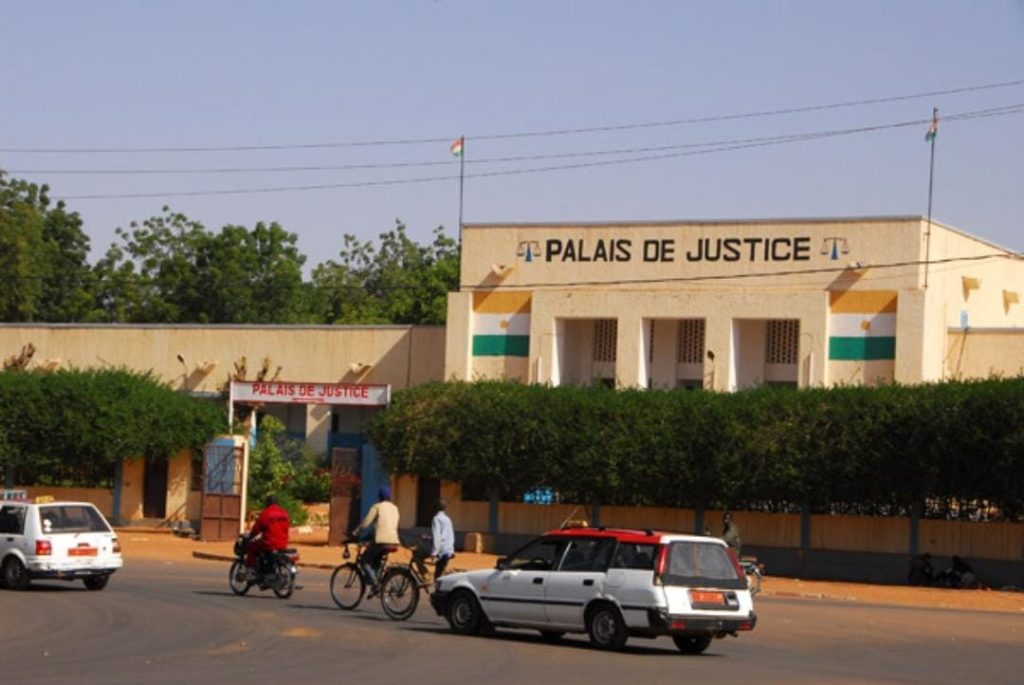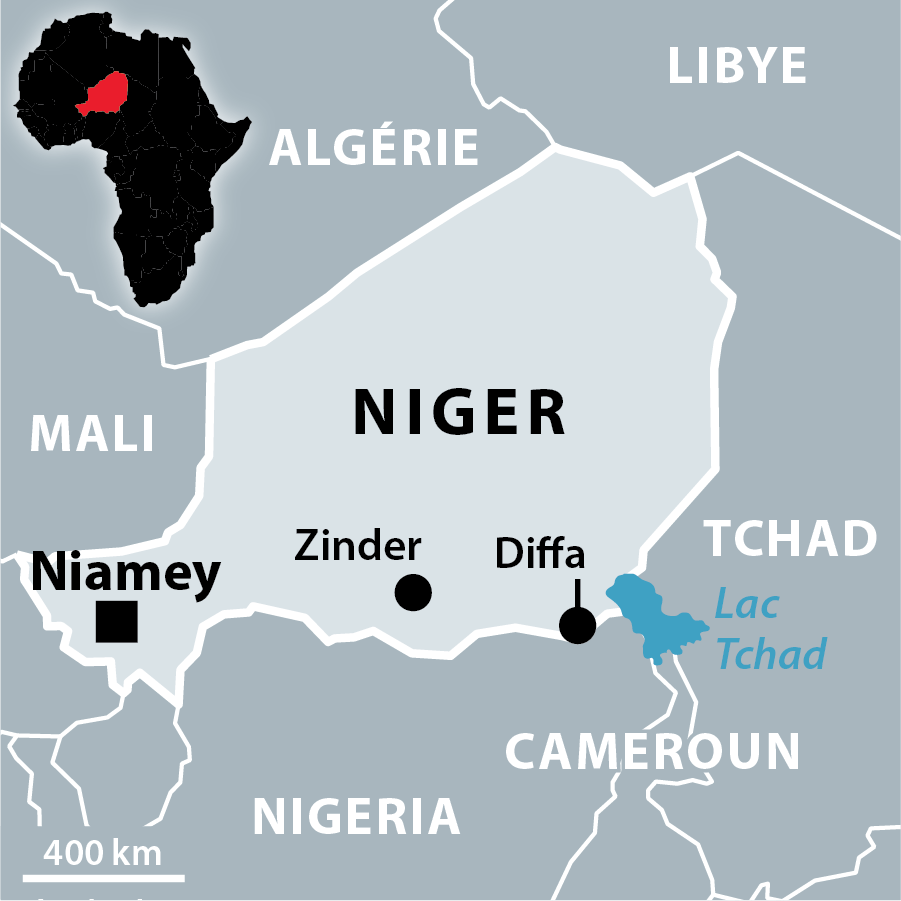Their love affair was private, but it landed 2 women in jail in Niger for ‘public indecency’
Moïse Manoël-Florisse, is an African-Caribbean online journalist keeping an eye…
They spent nearly 3 weeks in jail; then a judge threw out the charges.
This is one of two articles about a lesbian affair in Niger:
- Today: The love affair, the arrest, pre-trial detention and the judge’s decision.
- Next: Repercussions for the judge who set the two women free.

After the private love affair of two young women became known publicly, they were arrested and held for nearly three weeks awaiting a trial in the capital of the West African nation of Niger, which has no law against homosexual activity.
On July 16, Rokya and Habiba (pseudonyms) were arrested and placed in pre-trial detention at the c Detention Center. They were released on August 5.
The public prosecutor had proposed that the women be imprisoned for three years and fined 100,000 CFA francs (about US$152) for public indecency, pursuant to Articles 275 and 276 of the Nigerien Penal Code. However, the judge decided otherwise.
Niger does not criminalize homosexuality, but it is very frowned upon there, and attempts to criminalize homosexuality have been made in the past.

A highly publicized scandal
The case began when a jealous wife filed a complaint against her husband’s mistress, accusing her of bisexuality.
During the investigation, searches revealed that the mistress, Rokya, was in a relationship with another woman, Habiba. The couple met regularly at a bachelor pad they rented.
Investigators found intimate photos that, along with the content of exchanges on the defendants’ phones, left little doubt as to the nature of their relationship. Their affair went viral on social media.
A legally empty case
When the case went to court, Habiba admitted the facts and pleaded for leniency on the recommendation of her lawyers. Rokya remained silent.
The judge, who was not identified in Niger’s media, rejected the prosecutor’s requests and dismissed the case, arguing that no offense had been committed.
One knowledgeable observer of Niger explained, “The young women shared moments of intimacy in a private place, away from prying eyes and not in a public place. Therefore, the charge was considered null and void.”
In Niger, judges must be courageous in order to deliver independent and impartial justice, despite political, social, and religious pressure, in the country ruled by the military junta of General Abdourahamane Tchiani.
The ruling that freed Rokya and Habiba had consequences for the judge and the entire judicial system of Niger.




